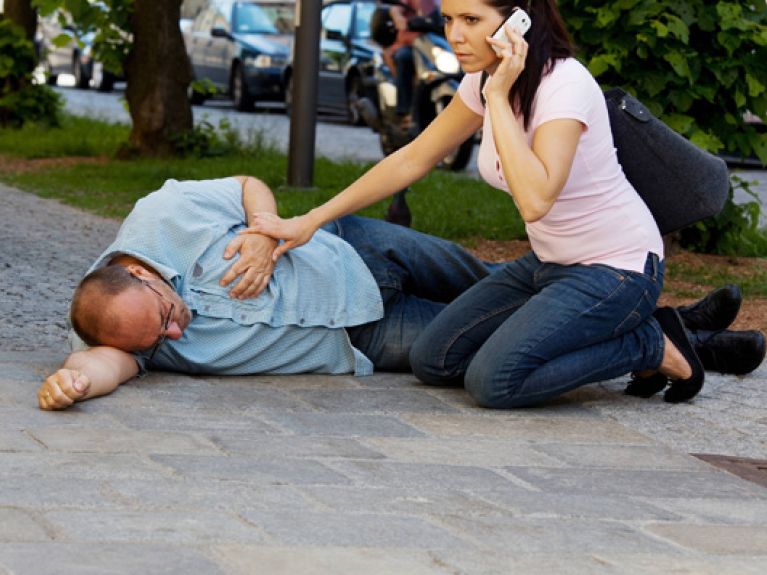"Hidden values"

There’s a business climate index and a consumer climate index – why not a social climate index, too, asks Alexander Dill, founder of the Basel Institute of Commons and Economics. The sociologist, who is engaged in the study of alternative economic research and gift economics, has developed a survey questionnaire. He hopes it will provide him with as precise information as possible about the quality of the social climate in various places across Germany and around the world.
Mr Dill, what goes to make up a good social climate?
A good social climate is one in which people trust one another and are helpful and hospitable.
Do you have any idea which places will ultimately score best in the social climate index?
What we have found in the tests we conducted in Nepal, São Paulo, Munich and Basel is that the social climate is better in poorer regions than in rich ones.
Is there an explanation for that?
We have some initial ideas. Take Munich for example: in the poorer parts of the city, interpersonal exchange is much stronger. By contrast, in districts with a predominantly well-to-do population there is little interpersonal contact, and we didn’t even bother asking people about their hospitality or helpfulness.
In your assessment, then, Germany has a particularly good social climate in places with the biggest economic problems?
Yes, that’s the indication. Take the Ruhr District for instance: we find that helpfulness is particularly pronounced there – incidentally, even among high earners. The results of our survey could, then, indicate that there is absolutely no justification for equating personal happiness with prosperity and high per capita income.
Who is likely to benefit from these results? You see social climate as a location factor, but for business it’s hard factors that count, isn’t it?
That’s true, and that’s precisely why we have these disparities in Germany. There are some cities where lower earners with families are finding it increasingly difficult to live. If social climate were a more important criterion for investment and the decision about where to build and live, we’d have a better distribution. That could ease the situation instead of increasingly driving up prices in a few boom regions. And that’s why I believe it’s important to take into account not just gross national product but non-material factors as well. That enables us to identify hidden values.
Your survey is based exclusively on personal assessments. How valid is that?
We find that hardly anyone gives a completely different assessment of the social climate from their neighbours. People give honest answers, independently of one another. If the social climate is good, everyone says it is, and the same applies if it’s bad. That’s why the social climate index is an objective measure – and an incentive.
What can local authorities do to improve the social climate?
They could revitalise their city centres, for example. Visitors to a city can very quickly tell if the social climate there is good – from whether the city centre is lively or deserted. Taking part in public life is in itself enough to improve the social climate. That’s one of the reasons why we Germans have always wanted to go to Italy: to sit in the piazza. It’s a place where there’s always something going on, where there’s a good social climate. That’s what we were longing for. What we need to do now is create our own piazza. After all, tourism and travel are all about our hope of encountering a different, positive social climate.
Speaking of travel, how do foreigners rate the social climate in Germany?
Better than we do ourselves. This discrepancy is found in all countries, but it’s particularly pronounced in Germany.
Where have you personally encountered the best social climate?
I conducted a study among Nepalese mountain farmers. They were asked what they give away to others – to people outside their own family and without expecting anything in return. Ninety-nine per cent of them answered: food and drink. That’s astonishing given that food is their only economic asset. That’s like someone giving away cars in Germany.